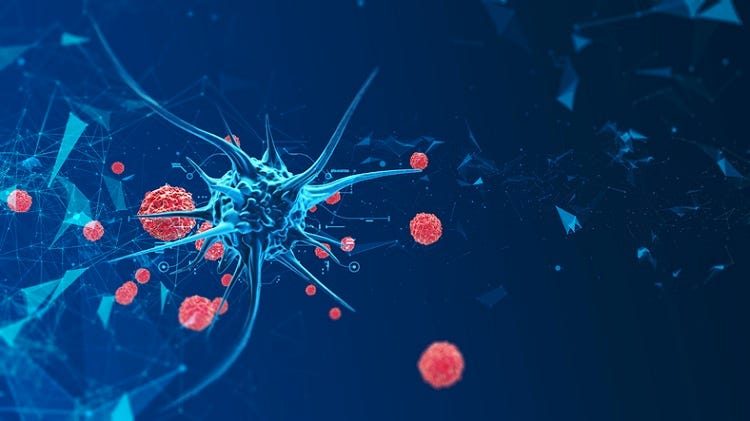BIOS: Nucleus of Life Science Innovation 🚀
JOBS
BIOS Talent: Find Jobs @ Breakout TechBio Startups — Search Jobs 🚀
Post Jobs: Add Your Startup to BIOS Talent — Post Now 🎉
Students: Join Alix Ventures Fellowship — Join Now 🧬
BIOS Contributor: Share Your Thought Leadership — Join Now🔬
CONTENT & COMMUNITY
BIOS Daily: Join 25K+ Subscribers Following TechBio — Sign Up 🔥
BIOS Insider: Premium TechBio Thought Leadership — Sign Up ✨
BIOS Commons: World’s Largest #TechBio Community — Join Now 🎉
INVEST
BIOS Angels: 1st TechBio Angel Investing Syndicate — Join Now 🌟
Alix Limited: Invest in Breakout TechBio Startups — Learn More 🧠
By:
Alix Ventures: Supporting Early Stage Life Science Startups Engineering Biology to Drive Radical Advances in Human Health
Overview
Therapies requiring delivery of nucleic acid, including cell therapy, gene therapy, and vaccines, are a rapidly expanding market, however viral vector manufacturing for viral transfection remains a critical bottleneck across these fields, with two major issues facing the industry. First, there is not enough supply to fit demand; this is expected to worsen as use of these therapies expands and demand is forecasted to overtake supply within the next year. Second, the cost of manufacturing viral vectors is extremely high, preventing expansion of these types of therapies into mass market indications. One of the major drivers of these issues is that cells have evolved over thousands of years to prevent viral expansion and current cell lines being used for production are incredibly inefficient. Companies capable of developing more efficient cell lines can reduce cost and expand supply within existing facilities capturing significant value from the field. Further, they can drive down the cost of cell and gene therapies, allowing companies to start developing these therapies outside of their current niche in oncology and rare disease. However, while there are several companies developing their own cell lines, it is predominantly for internal use, i.e. they will not license these cell lines to other companies and are likely to switch cell lines if a superior option becomes available. There is a significant opportunity for companies applying advances in synthetic biology and high throughput screening toward developing superior cell lines and licensing their use to the expanding list of companies developing and manufacturing viral vector-based therapies.




